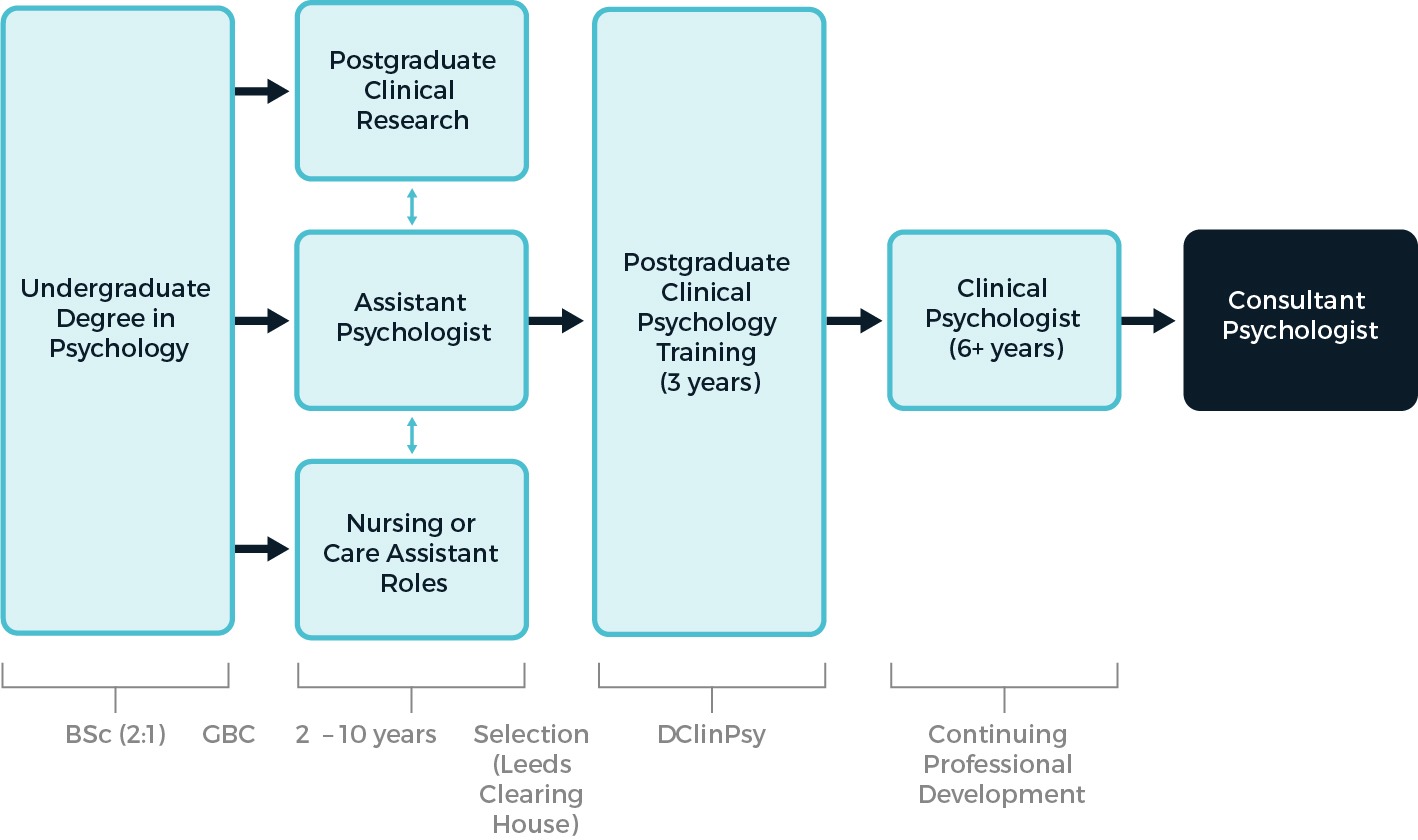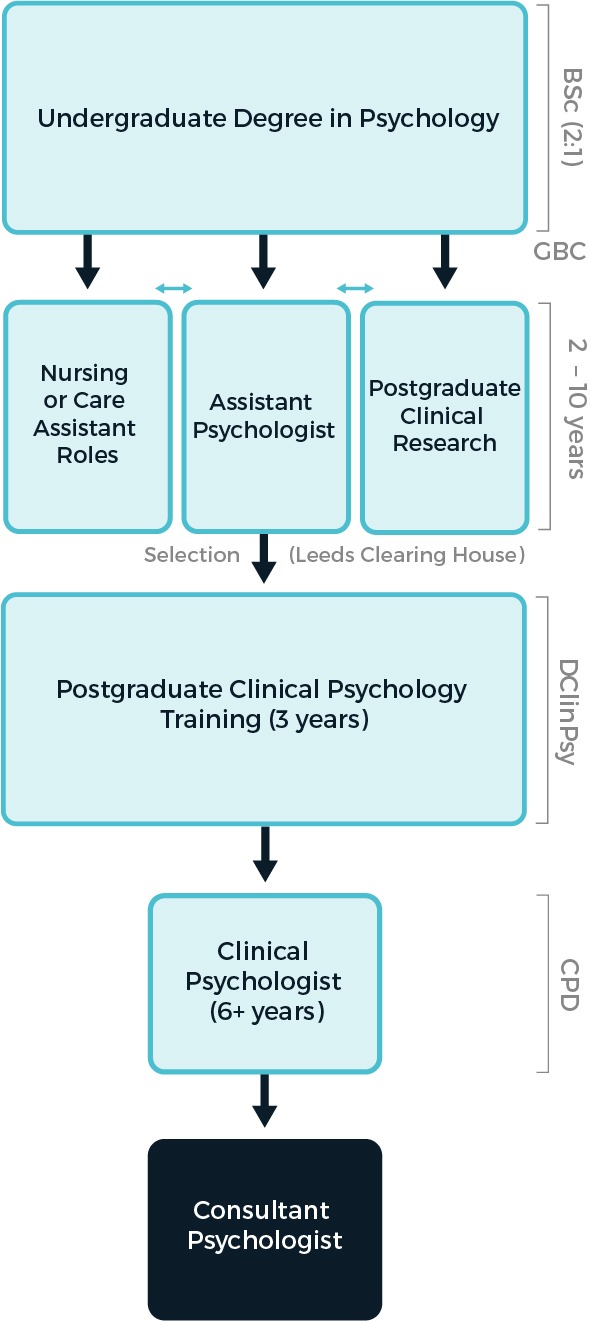Community psychology in action: Clinical psychologists & trainees on the Leicester course digging potatoes as part of a community psychology project: Read more here
Who are we & what do we do?
Clinical psychologists are highly trained professionals. We work to improve mental wellbeing and reduce psychological distress by:
- Improving the psychological health & performance of individuals, families, organisations & communities through skilled, knowledge-based services;
- Innovating in response to clients’ needs & thereby developing applications of psychology & related disciplines;
- Designing, developing & supporting accessible services to support these innovations.
We provide evidence-based assessments and interventions across a wide range of healthcare services, and supervision and consultancy to colleagues from a variety of disciplines. We work to alleviate psychological distress in children, adolescents, adults and older adults, in mental and physical health services, and in out-patient and in-patient settings. We have advanced skills in a variety of different therapeutic models, including cognitive-behavioural, psychodynamic and systemic therapies and community approaches. We also routinely undertake research and service evaluation, contributing to the current state of knowledge in our field.
We offer a bespoke approach to assessment and intervention, whether it be of individuals or groups, putting relationships with clients and the client perspective at the centre of our work. We aim to fit our approach to clients rather than the other way round. We regard formulation, or the in-depth understanding of clients and their difficulties, as key to informing a successful psychological intervention. Although we are well-versed in the medical model and its application to psychological problems, we question an exclusive focus on this approach and offer a psychological perspective to broaden and improve understanding and treatment efficacy.
We work with families and groups as well as individuals, and are also trained to consult to staff teams and services, providing supervision and developing psychological thinking at the organisational level. We increasingly receive requests to provide clinical supervision, reflective practice and staff support to multidisciplinary colleagues. This is in recognition of the positive impact of sharing psychological thinking and an understanding of relational processes across clinical teams – both on the quality of clinical care and staff wellbeing.
There are currently twelve and a half thousand clinical psychologists in the UK, and sixteen hundred in training at thirty-three University centres. The profession is predominantly female at this point in time and is committed to statutory registration under the Health and Care Professions Council.
How to become a Clinical Psychologist?
Clinical psychology involves a minimum of seven years’ pre-registration training in quantitative and qualitative psychological research, and a variety of psychological models and their applications, as indicated in the diagram below. The first three years of undergraduate study place an emphasis on general psychological processes; whilst the latter three years of doctoral training, undertaken after at least a year gaining some sort of clinical and/or applied research experience, involve a series of academic assignments and clinical practice placements, mostly within the National Health Service, under the supervision of a qualified Clinical Psychologist.
The Clinical Psychology Training Pathway
Admission and Curriculum
Three A levels (average offer of three B grades or higher) are required for entry onto a three- or four-year (Scotland) undergraduate university course in psychology;
Entry into undergraduate psychology is increasingly competitive: psychology is now the second most popular subject choice (after Law) of university applicants.
Postgraduate clinical psychology admission requires at least an upper second class degree plus relevant healthcare experience: on successful completion the doctor of clinical psychology degree is awarded with automatic eligibility for HCPC registration.
Entry into postgraduate clinical psychology training is competitive, and on average one in five well-qualified psychology graduates will be successful in any one year. Training courses are looking for candidates who combine the capacity to work with psychological distress and think psychologically about real life problems and situations with the ability to engage with and carry out high level research in our field. Training courses are currently looking closely at how to select high calibre applicants from a diversity of backgrounds. Clinical psychology is unique amongst
mental health professions in having many more high calibre applicants than training places, and this has been the case for many years.
Commonly there is substantial training in CBT including the treatment of depression, obsessional compulsive disorder, post-traumatic stress disorders and other anxiety states. There is also foundation training in a broad range of other psychological interventions including psychodynamic psychotherapy and systemic interventions as part of pre-qualification/pre-registration training. Throughout the six years there is training in research methodology and, in the latter half, experience of conducting applied clinical research at doctoral level. Trainees also learn to design and implement small scale research and audit projects relevant to local health service needs (including service evaluation) and critically evaluate literature pertaining to the evidence base for clinical practice. During the postgraduate three-year phase, typically trainees spend two days a week on academic study and research, and three days working in a wide range of clinical placements with a wide variety of client groups. Although closely supervised, they are expected to carry their own caseload and gain direct experience of assessment, formulation and intervention, making a substantive contribution to NHS services.
Post qualification career pathway
Once qualified, a clinical psychologist may choose to specialise in one or two of a wide variety of areas. The profession is much broader than adult mental health: many clinical psychologists work in medical and surgical settings, neuropsychological rehabilitation, forensic and prison settings in addition to working with children, families, older adults, people with a learning disability, etc.
The first post-qualification year is considered an extension of training, and there is heavy emphasis on CPD and on-going supervision (AfC band 7). Many newly qualified clinical psychologists will seek generic or split first posts and delay specialisation to later in their career.
Newly qualified psychologists are encouraged to obtain further specialist postgraduate training, such as in psychotherapy or neuropsychology, and may register for a further part-time degree, whilst continuing to increase their clinical experience with client work.
Normally after two years, the clinical psychologist may attend supervisor training and begin to supervise their own trainees (AfC band 8). However they would normally continue to work within a speciality led by a consultant grade psychologist. After a further four years of experience and CPD, they would be eligible to apply for a consultant grade post (AfC band 8c to 9) (i.e. a total of six years post-qualification experience minimum).



